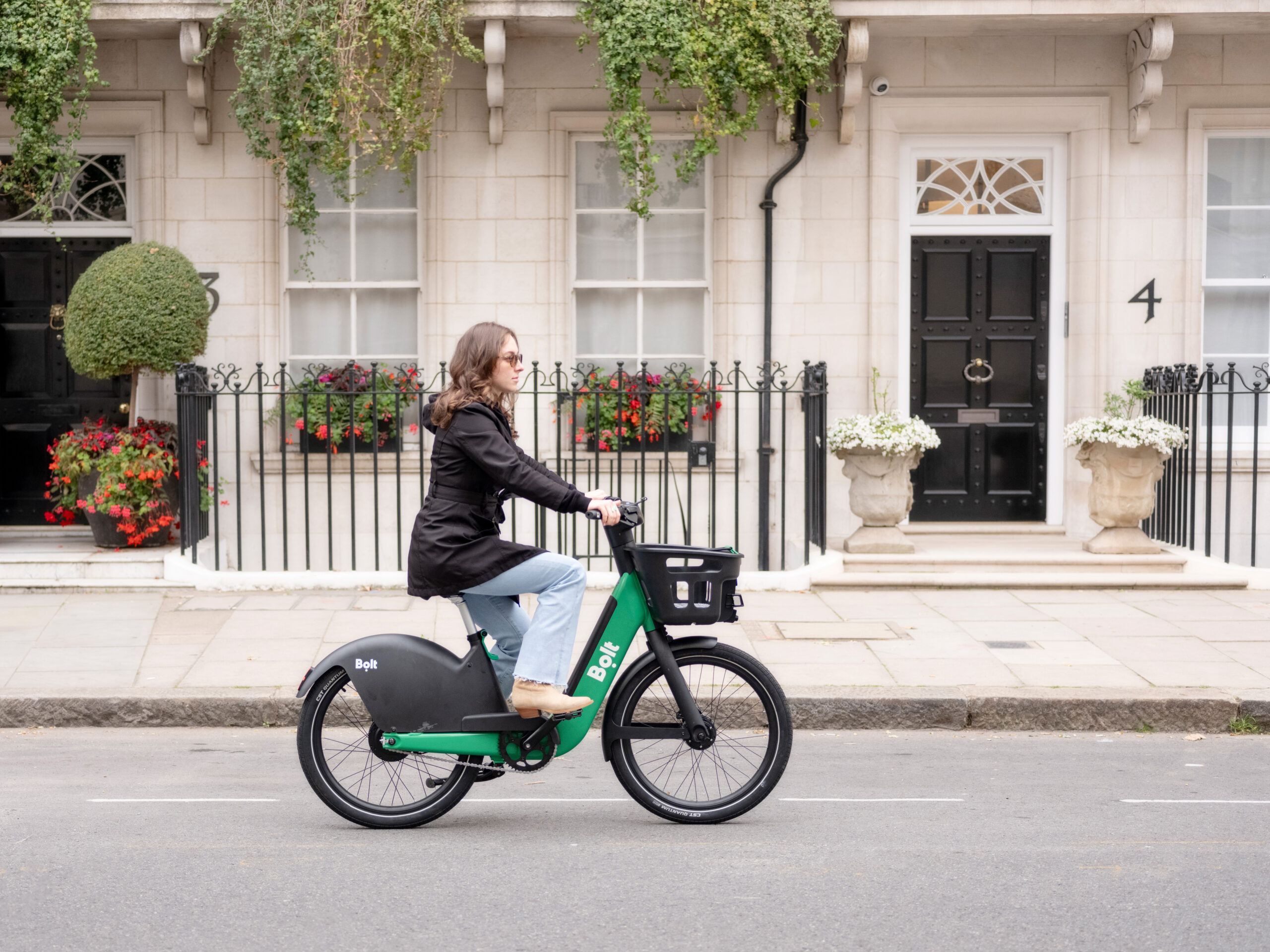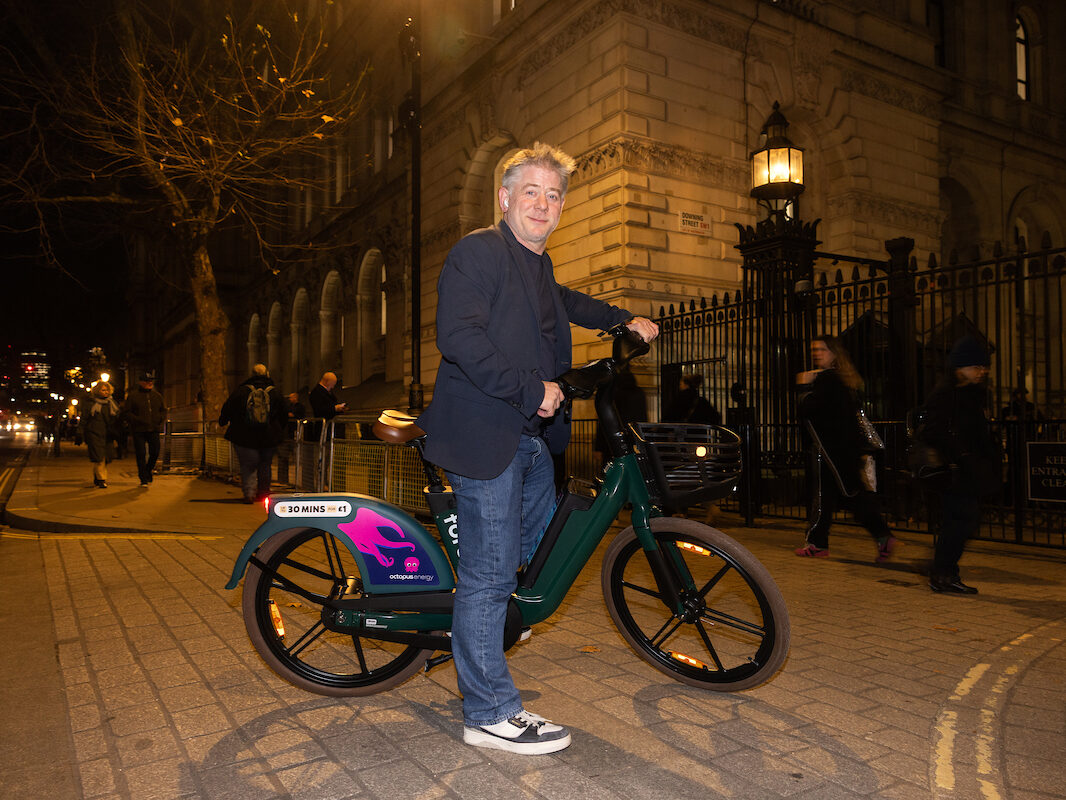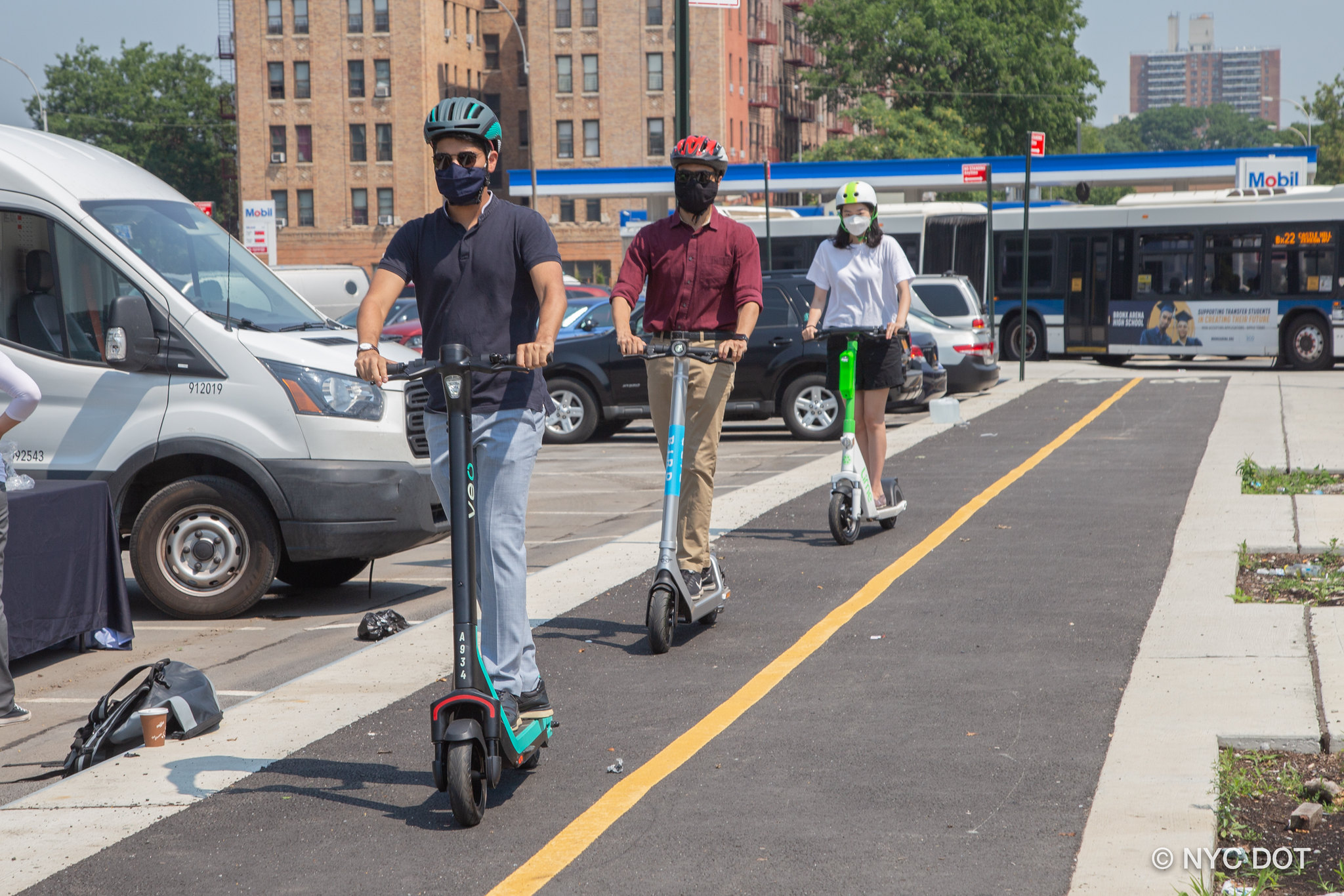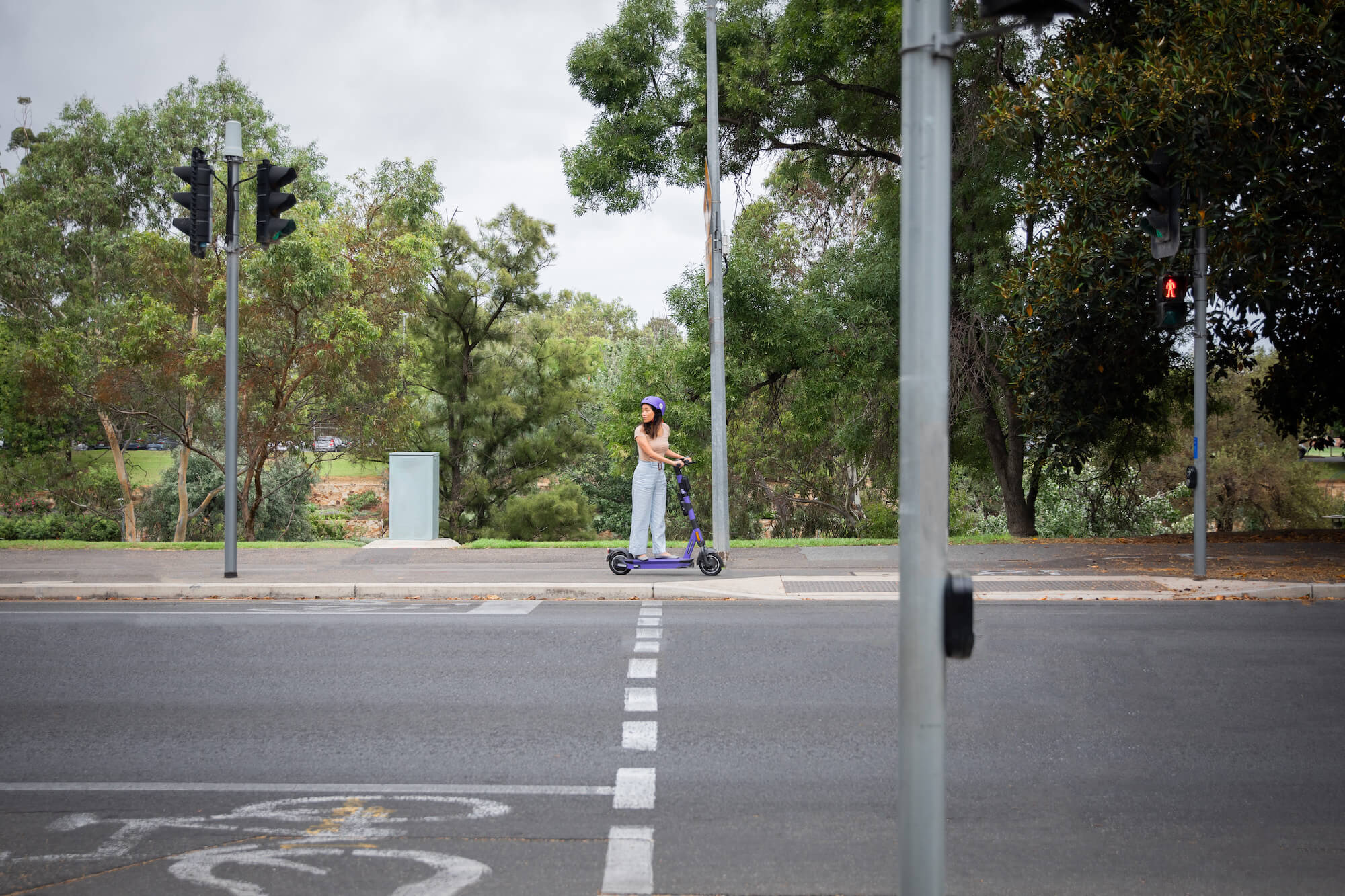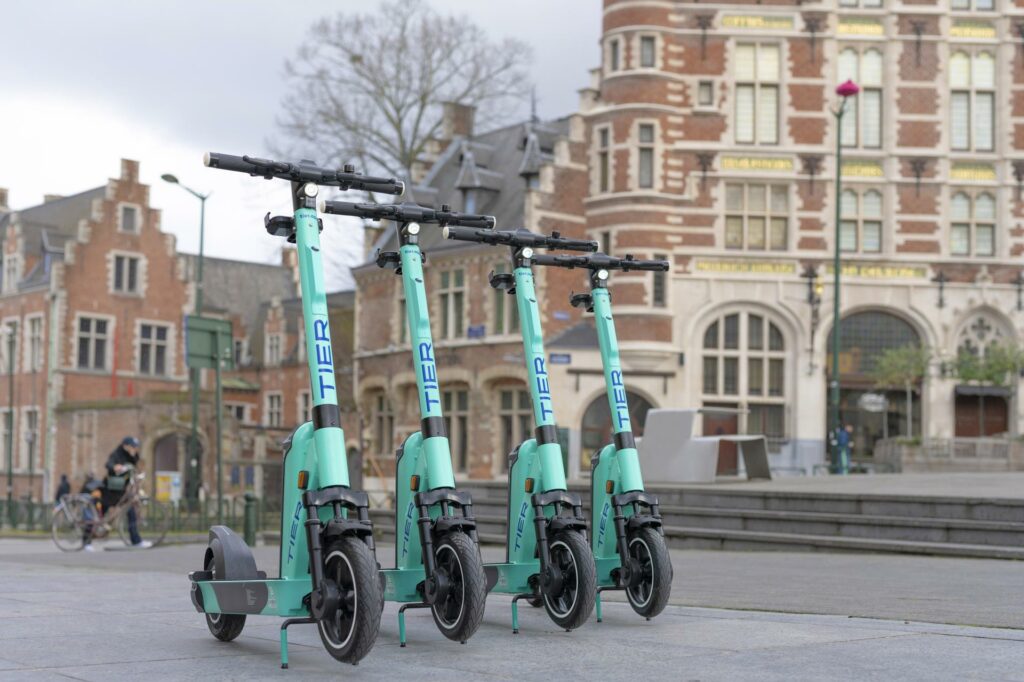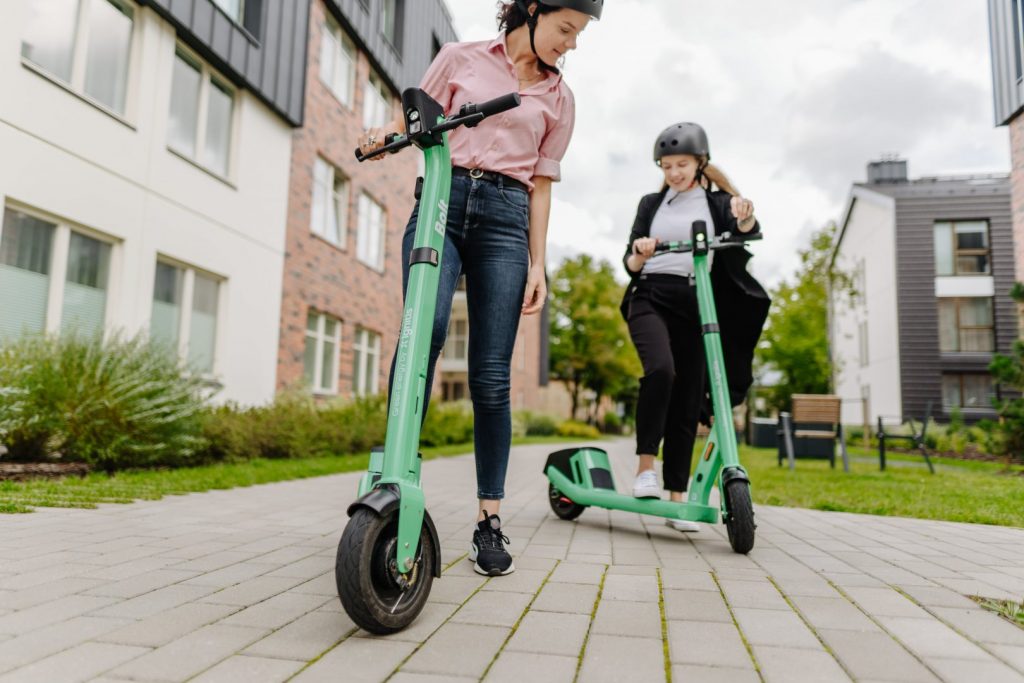Beam has initiated the launch of a Micromobility Research Partnership (MRP) to study the future of micromobility as a sustainable transport solution across Australia and New Zealand.
To establish the MRP, Beam partnered with Professor Mark Stevenson of the University of Melbourne, Professor Hussein Dia from Swinburne University of Technology, the Transport Research Centre at the University of Auckland, and Strategic Transport Sustainability and Impact Consultant Mr Ferdinand Balfoort.
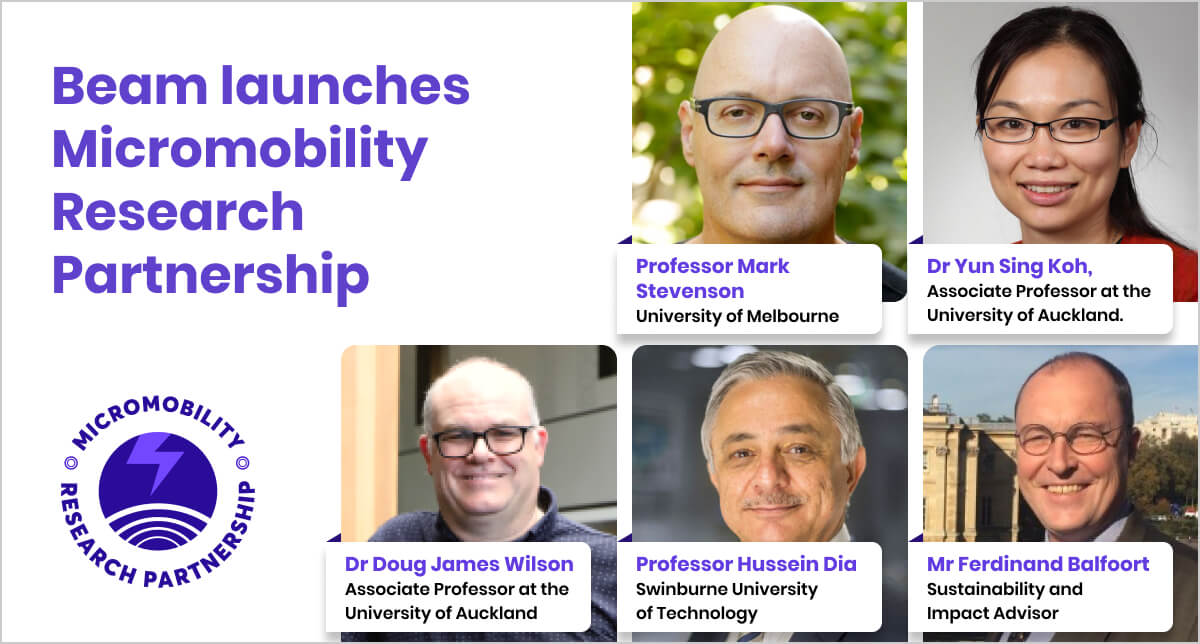
Beam Australia and New Zealand’s General Manager Tom Cooper said:Since our launch into Australia and New Zealand, Beam has always been committed to working with academics and researchers to examine the impacts of micromobility on the environment, cities and communities which we operate in. It is with great excitement that Beam initiates the Micromobility Research Partnership, with a commitment to contributing funding, our aggregated data and other operational findings towards greater understanding of micromobility in the region.
The Micromobility Research Partnership will focus on key topics to explore the the future of micromobility:
- The economic and social impact of micromobility, including means of addressing transport poverty and promoting social inclusion
- Micromobility’s environmental impact for improving air quality and reducing transport emissions
- The current and potential future use of micromobility as a safe and sustainable mode of transport, and its impacts on car-use and car-ownership
The MRP will collaborate with research projects and will offer academic support and funding to sustainable transport experts. Beam will also work with their own riders to conduct quantitative and qualitative research into the use and impacts of micromobility.
Prof Hussein Dia from Swinburne University of Technology said:The MRP will help provide the research community with access to much needed data to evaluate the sustainability and safety aspects of micromobility, particularly at a time when the industry is witnessing a rapid growth of technology and digitalisation improvements leading to increasingly more durable and sustainable devices. This initiative will create opportunities for collaboration between researchers across the globe which will help to share case study results, quantify benefits and remove barriers to wide scale adoption.
To maintain the independence of the findings, Beam will provide the MRP with funding and support, but the MRP will develop and manage its own research, which will then be independently peer-reviewed.



